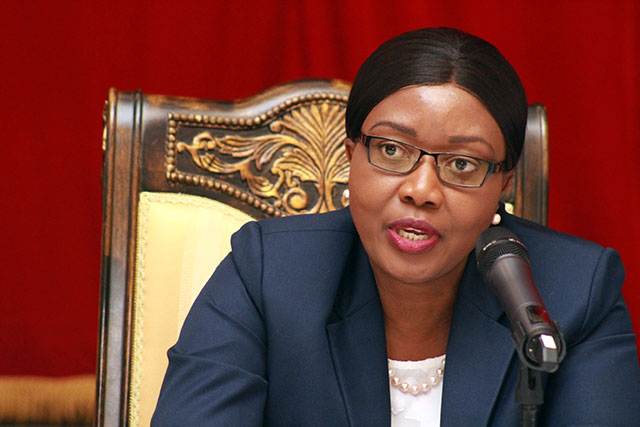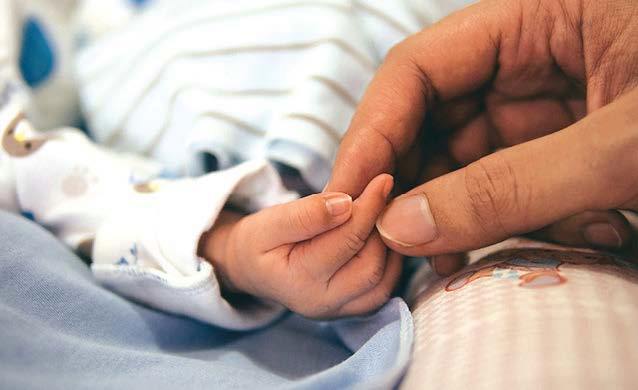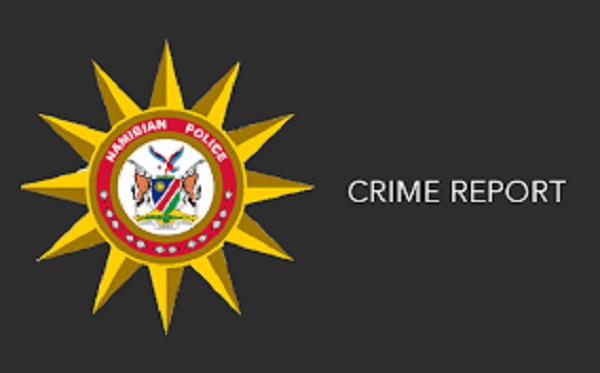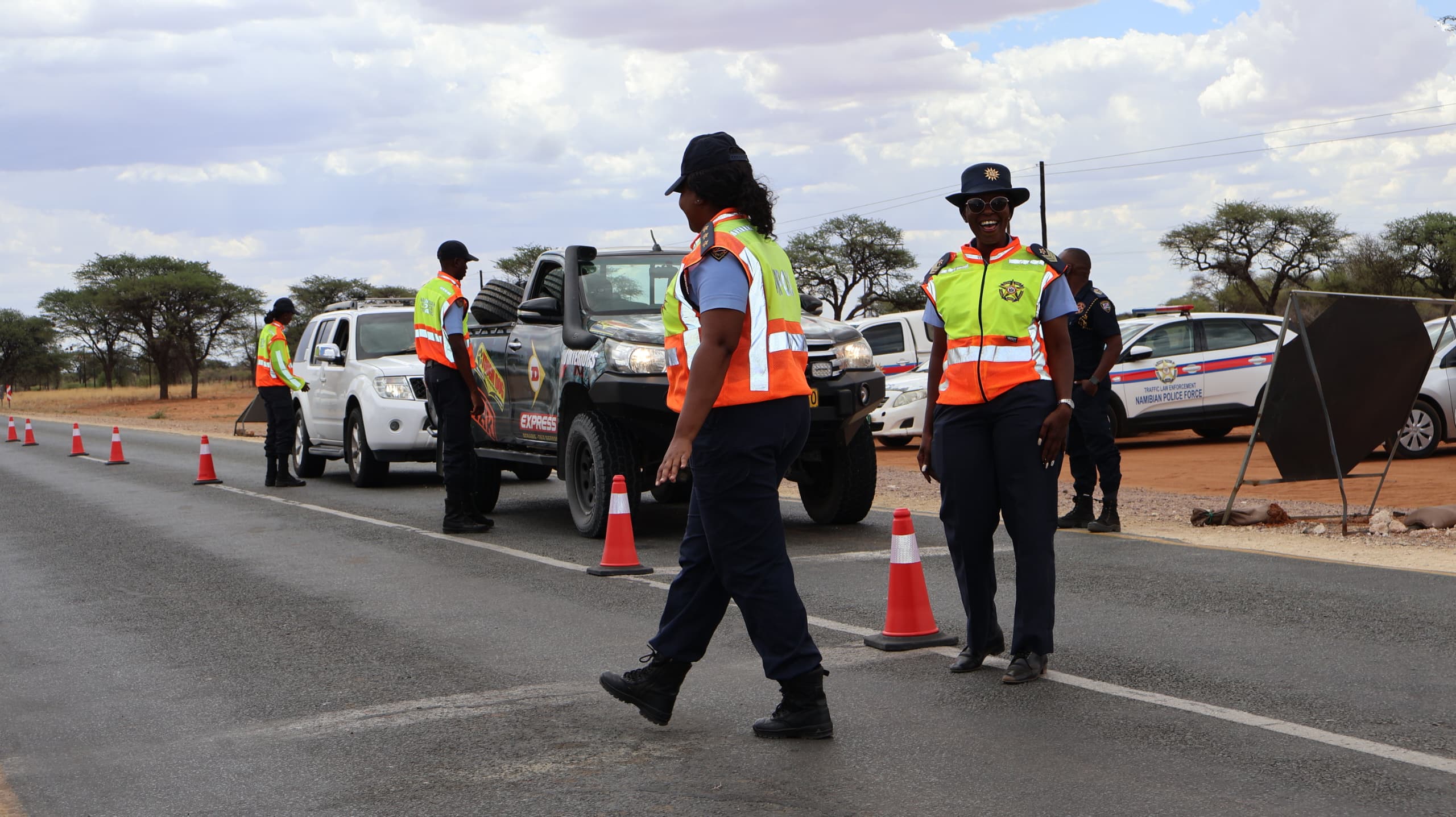PRIME Minister Saara Kuugongelwa-Amadhila last week introduced ways to reduce the cost of running the public service in the next three years, but the state did not provide estimated figures on how much it plans to save.
The new measures, which include limiting foreign travels by two trips a year for civil servants, control the abuse of state vehicles, rooting out ghost workers, and cracking down on wastage by using emails instead of papers, were enforced last Thursday in a document signed off by the premier. Secretary to Cabinet George Simataa confirmed the new document to on Saturday. Kuugongelwa-Amadhila said in the memo that the state wants to control the escalating costs of maintaining the public service, which employs over 100 000 workers.
“If applicable, local and international travel by an individual staff member shall not exceed two trips outside the country per year, and three trips within the country. Exceptions shall be considered and approved,” Kuugongelwa-Amadhila said in the document. Senior government officials have in the past used foreign trips as a conduit to line their pockets through travel allowances. reported in the past on how one politician made up to N$400 000 in two weeks from travel allowances. The premier said a government delegation travelling abroad should not be more than two staff members.
“Any delegation with more than two staff members requires special consideration by the secretary to Cabinet, in consultation with the minister,” she said. Kuugongelwa-Amadhila’s memo states that permanent secretaries can decide to directly pay accommodation costs to the company hosting the civil servant.
The financial crisis also forced the government to reduce its budget for travelling allowances over the years; from N$650 million in 2015, N$490 million in 2016 and N$290 million last year, budget documents show.
The premier furthermore warned public officials that travelling by road for 500 kilometres or more should be limited to cases where there is no other travelling option.
“Permanent secretaries shall determine the mode of travel for larger groups, including management, to curb the expenses on the use of many cars going to one destination for the same purpose,” the memo said. The directives said official air travel in the luxury business class is only for long-haul flights. The document did not explicitly explain what the state considers as a long-haul flight, but international standards estimate it to be a flight that lasts from six to 12 hours. Politicians have over the years used business class flight seats which cost double the normal price.
A one-way business class flight from Windhoek to Frankfurt in Germany with Air Namibia costs N$19 300, while an economy class ticket costs around N$6 300. Kuugongelwa-Amadhila’s memo said government vehicles should not be used for personal use, adding that state vehicles must be parked by 17h00 at the office or official parking places. “The assigning of vehicles for official use after hours to individual staff members shall only be done for essential services,” the document stated.
Essential services are defined by law as services whose interruption could endanger the lives, safety or health of people. Examples of essential services include ambulances at hospitals, and water supply.
The new directives also gives the secretary to Cabinet, in this case, George Simataa, more powers to approve plans by ministries to buy vehicles. The government added that the attendance and participation by ministries at various trade fairs should be restricted and limited to events that add value to the performance of the institution.
The economic crisis is forcing the government to embrace the use of technology to provide public services.
Civil servants are advised to conduct meetings, where possible, through video or telephony to reduce travelling and losing productive time. “Make use of email facilities to reduce the printing of letters, memoranda and photocopying and delivery of documents,” the document said. It’s unclear whether this directive applies to parastatals. For instance, state-owned Business and Intellectual Property Authority (Bipa), which handles registration of companies, continues to use hard copies for services such as public requests to determine the owners or directors of a company. The use of paper files by the parastatal is in contrast to countries like South Africa, where there is a website which the public can subscribe to and have access to such information. The days of government workers getting free newspapers from their ministries will likewise end in April.
“The purchasing of newspapers for staff members at the expense of government should stop with effect from 1 April 2018,” Kuugongelwa-Amadhila’s memo said. She advised that the creation of posts and the filling of vacancies should be considered only after every five years, and supported by a strategic plan.
The filling of vacancies should only be done with the approval of the secretary to Cabinet, and will only be approved when it is critical for the performance of the ministry. The premier said ministries should create maintenance units to repair state property, including plumbing, to ensure that there is no water and electricity wastage with effect from 1 March 2018.
It’s not clear whether politicians will be affected by the latest cost-cutting rules.
Politicians are not civil servants but political appointees who are governed by the Public Office-Bearers’ Remuneration and Benefits Commission (POBC), which also determines their salaries. While the announcement by Kuugongelwa-Amadhila covers up to three years, government has so far only announced that politicians will not be allowed to travel abroad this month.
It is not clear how much the state is planning to save from these latest measures. Secretary to Cabinet Simataa advised on Saturday to send the questions to the spokesperson at the Office of the Prime Minister.
The lack of clarity on whether the latest cost cutting plan will affect politicians adds to many unanswered questions about the premier’s announcement. Questions sent by to the Prime Minister on Saturday were not answered.
The questions focused on how much exactly government plans to reduce and the total spent by the state on foreign trips in the past three years.
Stay informed with The Namibian – your source for credible journalism. Get in-depth reporting and opinions for
only N$85 a month. Invest in journalism, invest in democracy –
Subscribe Now!








